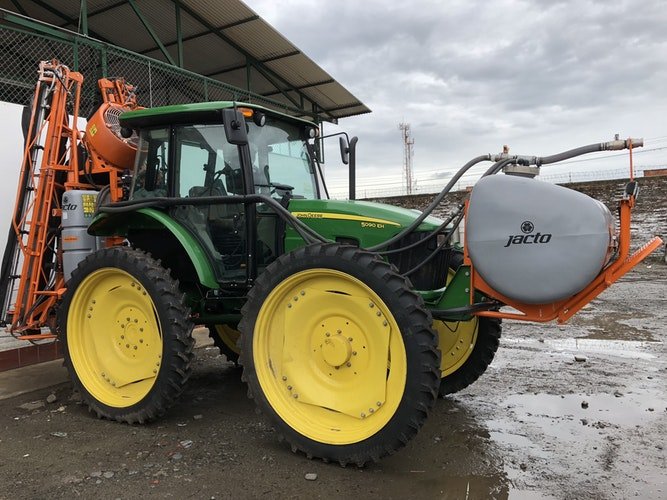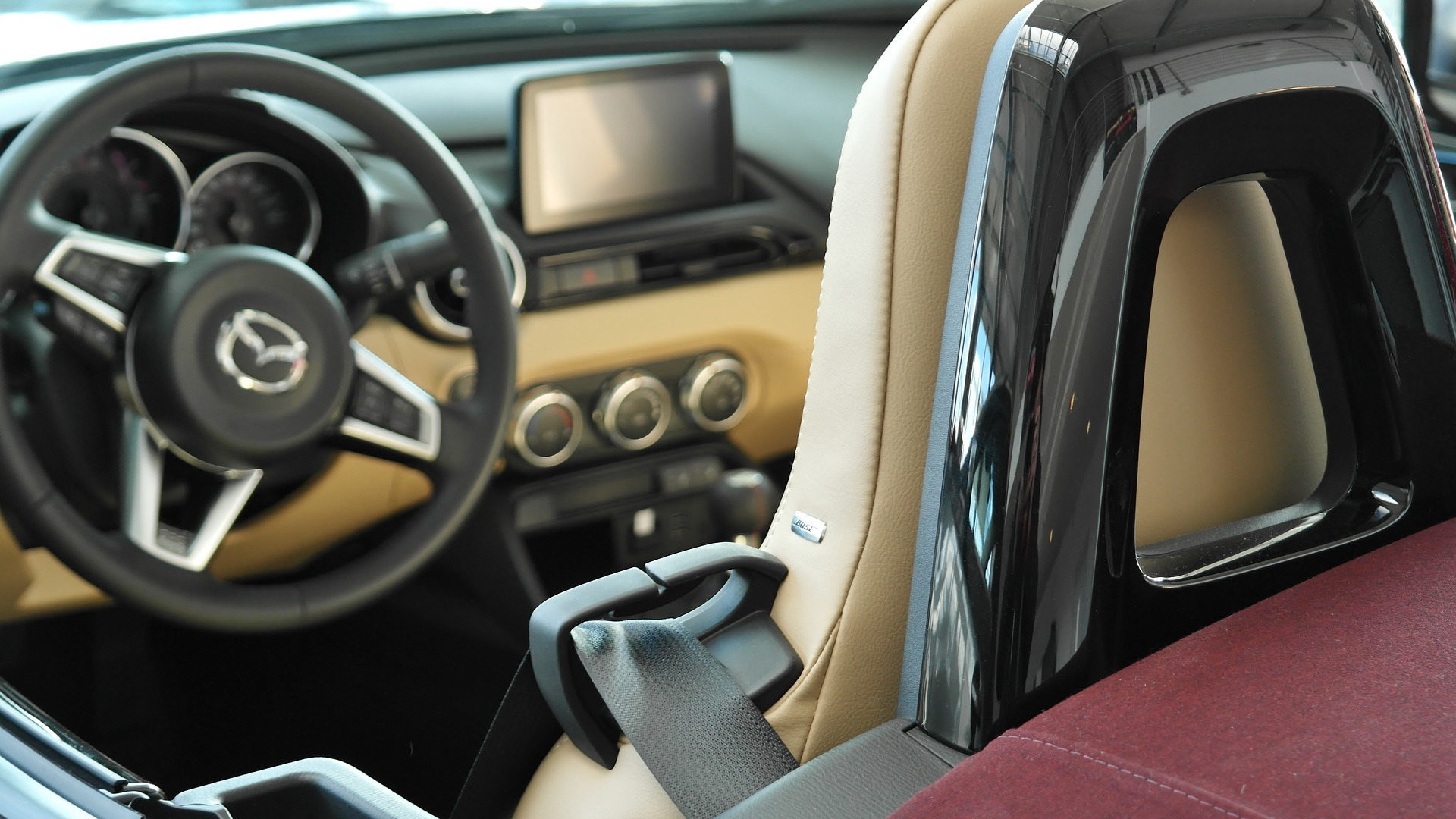Renting heavy equipment used in construction has seen a steady rise in the past several years. Many contractors, business owners, and project managers seem to prefer renting a variety of machinery used in various stages of construction. Perhaps the most obvious conclusion on why renting has become the go-to solution in recent years is that it is more convenient and relinquishes the renter from any obligations once the rental period is over. However, are there other, more compelling reasons for choosing to rent heavy equipment instead of buying?
The primary objective of Crane Hire Lincoln and other plant hire companies is to provide an extensive range of services for various sectors that require different kinds of heavy equipment. Although it is clear that renting does appear to be an optimal solution, it is still essential to take a closer look at whether it is best for all situations.
Why is renting worth it?
Buying heavy machinery is a significant investment. Such equipment requires consistent maintenance and a dedicated storage area. Over some time, these pieces of equipment will eventually depreciate. If you conduct a cost-benefit analysis, buying equipment to use only several times before putting it in storage is not a cost-effective decision. Hence, renting appears to be the best choice in these scenarios.
Renting equipment as a short-term solution
Depending on what kind of heavy equipment you need, if you consider buying, you will spend thousands on every single machine. If you need multiple machines to complete a project, the overhead cost will be staggering. Renting equipment at reasonable prices according to how long you will need the equipment helps in minimizing the cost of project completion. The bottom line is, if you only need the equipment for a short time, renting is the best solution.
Additional benefits of renting equipment
Aside from saving money on the cost of equipment acquisition, there are other benefits to construction equipment rental:
- No need to worry about maintenance. Most equipment rental agreements will not require the customer to perform any maintenance on the machine. Before the equipment gets delivered to the job site, it is the responsibility of the rental company to ensure that the machine is in good working condition. Usually, after the rental period is over, the rental company also takes care of equipment removal and clean-up.
- No need to dedicate storage space. Large pieces of machinery require ample storage space. If you do not own space, you might need to secure a storage facility for your company’s equipment. Renting machinery relieves you of this concern.
- No need to invest in staff training. Some heavy machinery requires operators to secure a license and be adequately trained. If you buy equipment, you will also need to hire and train employees who will operate it. Rental companies usually provide an operator as part of the rental agreement, if required.
In conclusion, equipment rental is a cost-effective solution for short-term equipment needs. Nevertheless, depending on the nature of your business and how often you need to use a particular piece of equipment, it is also worth considering buying if you have the need and the resources to do so.
Read Also:






















